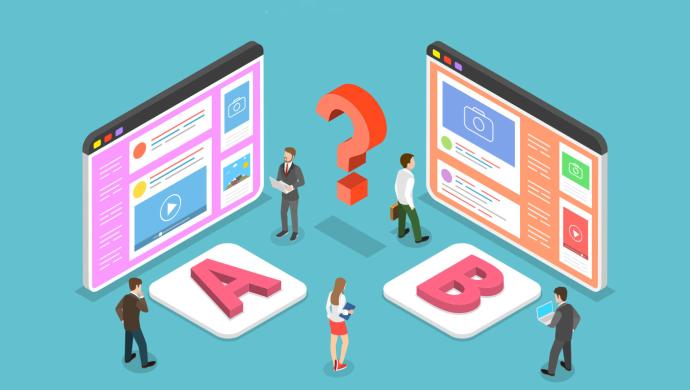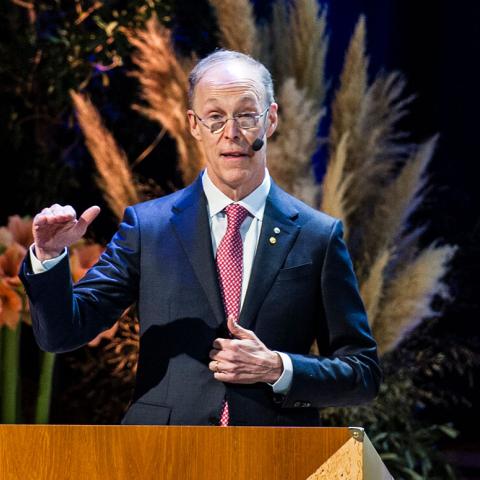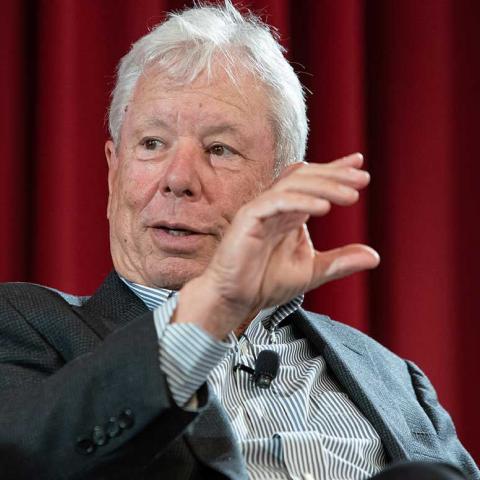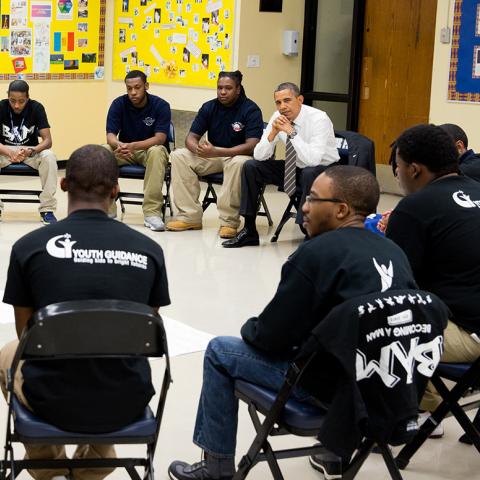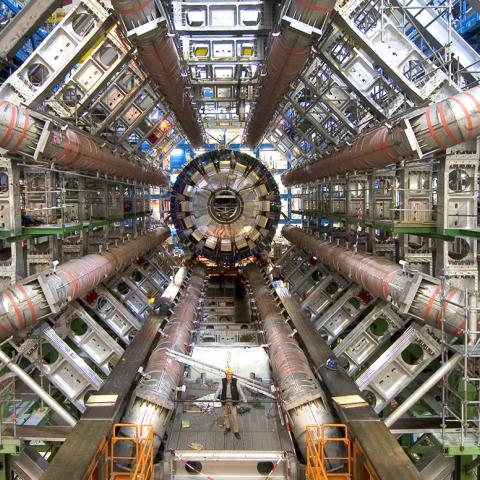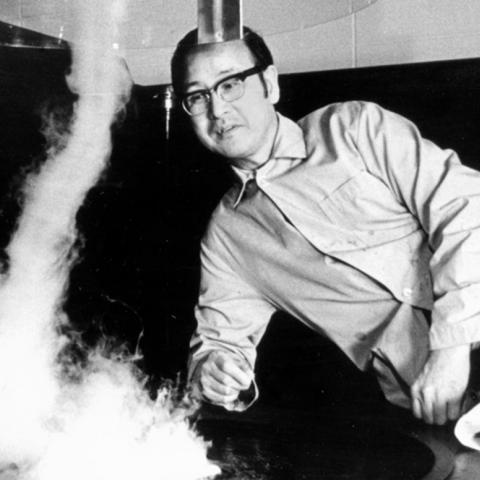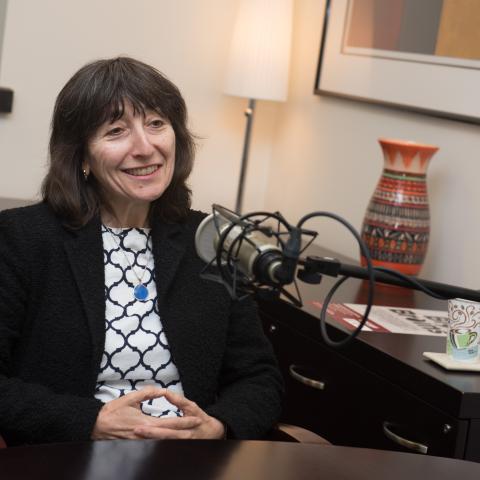Economics
For more than a century, UChicago scholars’ groundbreaking theories have redefined the field of economics—from Milton Friedman’s ideas on monetary policy and Gary Becker’s theory of human capital to Eugene Fama’s efficient market hypothesis and Richard Thaler’s founding of the field of behavioral economics. Today, UChicago economists’ pioneering research continues to impact the field and shape our world.
For more than a century, UChicago economists have developed groundbreaking theories to help us understand how our world works. Some scholars look at the big picture—how the government spends money or how countries trade products. Others study individual parts of our economy, like the agricultural sector or the labor market.
More than 30 scholars affiliated with UChicago have won the top honor in economics—the Nobel Prize. Among their field-defining contributions:
Milton Friedman, probably the most influential economist of the 20th century, is known for his work on monetarism—or controlling the amount of money in circulation. His theories about inflation and arguments against government regulation influenced generations of economic thought.
Gary Becker, a student of Friedman’s, is credited with advancing the theory of human capital. This idea recognizes the economic value of a person’s skills—things like experience, technical knowledge and education level. His now-widely accepted ideas have shaped everything from law to psychology to public policy.
Prof. Eugene Fama is considered the “father of modern finance.” Fama developed the efficient market hypothesis, which is the idea that a stock’s price accurately reflects all available information, like a company’s earnings or a potential merger.
Prof. Richard Thaler received a Nobel Prize in 2017 as one of the founding figures of behavioral economics, a growing field aimed at understanding why we make the decisions we do and even how to “nudge” us to make better choices.
Today, UChicago continues to shape the field of economics across disciplines and schools of thought—conducting innovative research, hosting events in which scholars engage in rigorous debate and inspiring the next generation of scholars.
Learn more about economics at UChicago:

